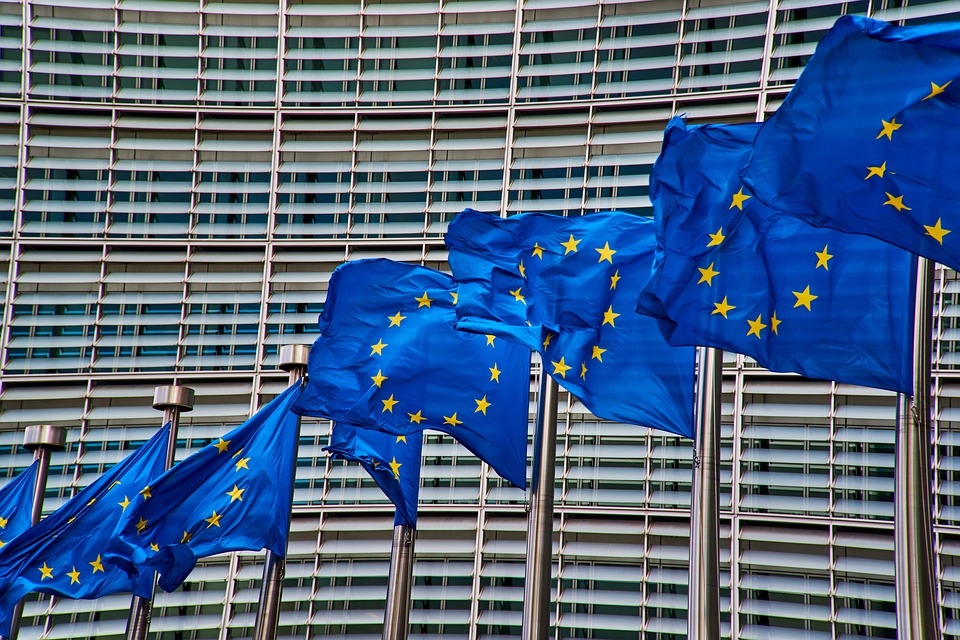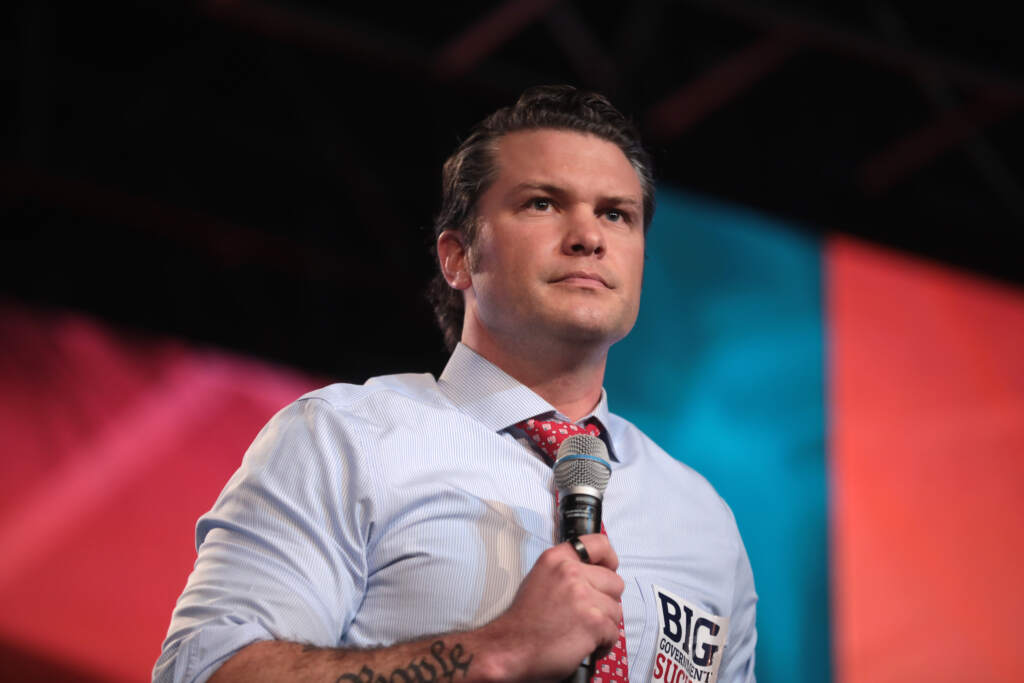The Unfolding Tapestry: Navigating the Interconnected Threads of Current Events
In an era defined by unprecedented access to information and an ever-accelerating pace of change, staying informed about current events has become more crucial than ever. No longer a mere pastime, it’s a vital necessity for active citizenship, informed decision-making, and navigating the complex landscape of our interconnected world. From political upheavals and economic shifts to technological advancements and social movements, the tapestry of current events is constantly being woven, each thread influencing and shaping the overall picture.
This article aims to provide a comprehensive overview of some of the most significant current events shaping our world, exploring their nuances, potential impacts, and the interconnectedness that binds them together. We will delve into a range of topics, from geopolitical tensions and climate change to economic disparities and technological disruptions, offering a perspective that emphasizes critical thinking and encourages readers to engage with these issues in a thoughtful and informed manner.
1. The Shifting Sands of Geopolitics: A World in Flux
The global political landscape is undergoing a period of profound transformation, characterized by shifting power dynamics, rising nationalism, and the erosion of established norms. The war in Ukraine, a tragic conflict with far-reaching consequences, continues to dominate international attention. Beyond the immediate human cost and devastating destruction, the war has triggered a global energy crisis, exacerbated food insecurity, and reshaped alliances.
-
The War in Ukraine: The conflict has exposed the fragility of European security architecture and highlighted the enduring relevance of traditional geopolitical rivalries. The conflict is not only a battle for territory but also a clash of ideologies and a struggle for the future of the international order. The West’s response to the invasion, through sanctions and military aid, has demonstrated a degree of unity but also revealed divisions within the transatlantic alliance regarding the best course of action. The long-term implications of the war, including the potential for a protracted conflict, the redrawing of European borders, and the emergence of a new Cold War-like dynamic, are deeply concerning.
-
Rising US-China Tensions: The relationship between the United States and China, the world’s two largest economies, is increasingly characterized by competition and rivalry. Disputes over trade, technology, human rights, and territorial claims in the South China Sea are fueling tensions. The US sees China as a strategic competitor seeking to challenge its global dominance, while China accuses the US of attempting to contain its rise. The potential for miscalculation and escalation is a significant concern, particularly in the context of Taiwan, which China considers a breakaway province.
- The Rise of Nationalism and Populism: Across the globe, we are witnessing a resurgence of nationalism and populism, fueled by economic anxieties, cultural grievances, and a sense of alienation from mainstream politics. These movements often promote protectionist policies, anti-immigrant rhetoric, and a rejection of international cooperation. The rise of nationalist leaders in various countries has contributed to the erosion of multilateral institutions and the undermining of global efforts to address common challenges.
2. The Climate Crisis: A Race Against Time
The climate crisis remains the most pressing challenge facing humanity. The evidence of a rapidly warming planet is overwhelming, with rising sea levels, extreme weather events, and ecosystem collapse becoming increasingly frequent and severe. Despite international agreements like the Paris Agreement, progress on reducing greenhouse gas emissions has been woefully inadequate.
-
Extreme Weather Events: The frequency and intensity of extreme weather events, such as heatwaves, droughts, floods, and wildfires, are increasing dramatically. These events are causing widespread devastation, displacement, and loss of life. The scientific consensus is clear: these events are directly linked to climate change and will continue to worsen if we fail to take decisive action.
-
The Energy Transition: Moving away from fossil fuels and transitioning to renewable energy sources is crucial to mitigating climate change. However, the transition is proving to be complex and challenging. The development and deployment of renewable energy technologies, such as solar, wind, and geothermal, are essential. Furthermore, investments in energy efficiency, carbon capture, and other innovative solutions are needed to accelerate the transition.
- International Cooperation: Addressing the climate crisis requires global cooperation and a shared commitment to reducing emissions. However, achieving consensus on climate policies has been hampered by conflicting national interests and a lack of political will. The upcoming COP conferences will be crucial opportunities to strengthen international cooperation and accelerate climate action.
3. Economic Disparities and the Future of Work:
The global economy is characterized by growing inequalities, with wealth increasingly concentrated in the hands of a small elite. The COVID-19 pandemic has exacerbated these inequalities, disproportionately impacting vulnerable populations. Furthermore, rapid technological advancements are disrupting the labor market, creating new opportunities but also threatening existing jobs.
-
Income Inequality: The gap between the rich and the poor is widening in many countries. This inequality is not only morally objectionable but also economically unsustainable. High levels of inequality can lead to social unrest, political instability, and reduced economic growth.
-
The Future of Work: Automation, artificial intelligence, and other technological advancements are transforming the labor market. Many traditional jobs are being automated, while new jobs requiring different skills are being created. Workers need to adapt to these changes by acquiring new skills and embracing lifelong learning.
- Social Safety Nets: Strengthening social safety nets, such as unemployment insurance, affordable healthcare, and access to education, is essential to protecting vulnerable populations from economic shocks and ensuring a more equitable distribution of wealth.
4. Technological Disruptions: Opportunities and Challenges
Technology is transforming every aspect of our lives, from how we communicate and consume information to how we work and interact with the world. While technology offers immense opportunities for progress, it also poses significant challenges.
-
Artificial Intelligence: AI is rapidly advancing, with the potential to revolutionize industries ranging from healthcare and transportation to finance and education. However, AI also raises concerns about job displacement, bias, and the potential for misuse.
-
Cybersecurity: As our reliance on digital technologies grows, so does our vulnerability to cyberattacks. Cybercrime, including hacking, data breaches, and ransomware attacks, is becoming increasingly sophisticated and costly. Protecting our digital infrastructure and personal data is a critical challenge.
- Social Media and Misinformation: Social media platforms have become powerful tools for communication and information sharing. However, they have also become breeding grounds for misinformation, conspiracy theories, and hate speech. Addressing the spread of misinformation and promoting media literacy is essential to preserving democracy and fostering informed public discourse.
5. Social Justice and Human Rights:
The pursuit of social justice and the protection of human rights remain fundamental challenges. Discrimination, inequality, and violence continue to plague societies around the world.
-
Racial Justice: The Black Lives Matter movement has brought renewed attention to the issue of systemic racism and police brutality. Addressing racial inequalities and promoting racial justice requires comprehensive reforms in education, law enforcement, and other institutions.
-
Gender Equality: Despite progress in recent decades, gender inequality persists in many areas of life. Women continue to face discrimination in the workplace, are underrepresented in leadership positions, and are disproportionately affected by violence and poverty. Achieving gender equality requires addressing discriminatory laws and practices and promoting women’s empowerment.
- LGBTQ+ Rights: The fight for LGBTQ+ rights has made significant progress in recent years, with many countries legalizing same-sex marriage and enacting anti-discrimination laws. However, LGBTQ+ individuals continue to face discrimination and violence in many parts of the world. Protecting LGBTQ+ rights and promoting LGBTQ+ equality is essential for creating a more inclusive and just society.
The Interconnectedness of Global Issues
It is crucial to recognize that these current events are not isolated incidents but rather interconnected parts of a larger global system. The war in Ukraine, for example, has not only disrupted energy markets and exacerbated food insecurity but also impacted climate change efforts by diverting resources and hindering international cooperation. Similarly, economic inequalities can fuel social unrest and political instability, while technological advancements can both exacerbate and mitigate climate change.
Navigating the Complexity: The Importance of Critical Thinking
In the face of such complexity, it is essential to cultivate critical thinking skills. We must be able to evaluate information from multiple sources, identify biases, and draw informed conclusions. This requires a commitment to lifelong learning, a willingness to challenge our own assumptions, and an ability to engage in civil discourse with those who hold different views.
Conclusion: A Call to Action
The challenges facing our world are daunting, but they are not insurmountable. By staying informed, engaging in critical thinking, and working together, we can create a more just, sustainable, and prosperous future for all. The tapestry of current events is constantly being woven, and each of us has a role to play in shaping the final design. We must embrace our responsibility as global citizens and strive to create a world where human rights are respected, the environment is protected, and everyone has the opportunity to thrive. The future is not predetermined; it is shaped by the choices we make today. Let us choose wisely and work together to build a better world for generations to come.



